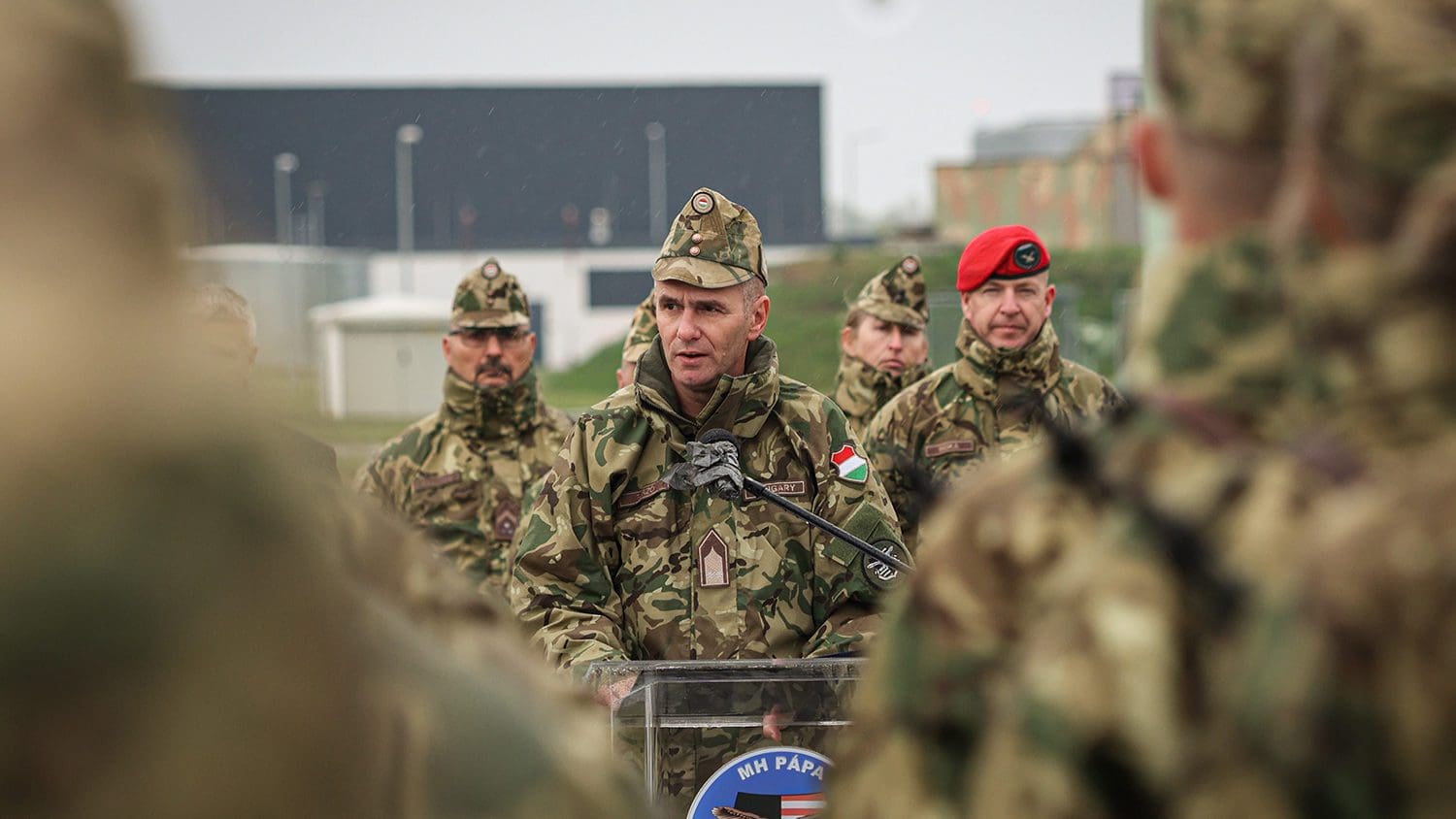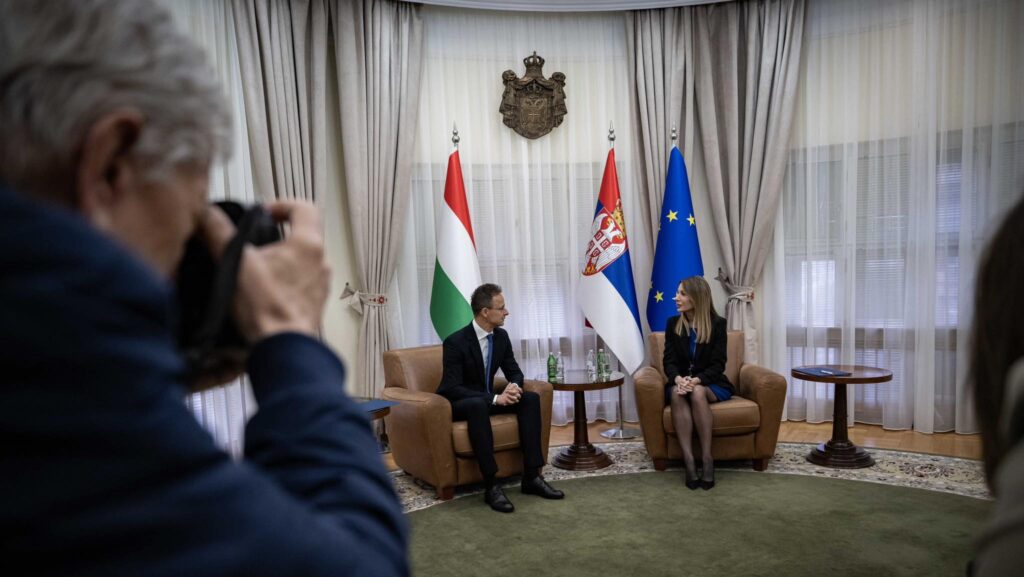Compulsory military service has long been regarded as a thing of the past, at least in this part of the world. Western Europeans started gradually outlawing it long ago, while the former Soviet satellites in Central Europe abolished it by the mid-2000s – and the idea of mandatory military enlistment still tastes like communism to us. Today’s geopolitical atmosphere, however, may not let us enjoy such a luxury for too long. The West, and especially the European members of the EU, will quickly need to adapt to the changing realities, and compulsory service may be the only effective answer. But before we start to complain, let us remember that in fact, not all Europeans have abolished the draft as an institution, and the example of those who still have it can show us why it is not such a bad idea after all.
Mandatory Service in Europe and the West
Currently, fourteen European countries still impose some form of compulsory military service on their citizens. Four of them are non-NATO, post-Soviet states (Russia, Belarus, Ukraine and Moldova), while the rest are part of the more closely interpreted West (Denmark, Norway, Sweden, Finland, Estonia, Lithuania, Austria, Switzerland, Greece and Cyprus). Typically, these countries mandate only males of age 18 to spend six to twelve months in military training facilities and after completion, they become reserve personnel until the age of around fifty. Some countries even recall their citizens periodically for days or weeks-long refresher courses every couple of years – a standard practice in Norway and Switzerland. The length of service can vary, greatly depending on the educational level of the conscripts – those admitted to universities usually serve shorter times or can skip it altogether. The longest service time mandated by law is in Norway (nineteen months altogether, with one initial year and five six-weeks refresher courses), but nearly 80 per cent of men are exempt from the start. Norway, along with Sweden, is the only country in Europe that also requires compulsory service from women, albeit with a greater chance of being exempted. While the Scandinavian model is frequently described as not being too rigid, other countries like Switzerland, Finland, Greece or Cyprus make it almost impossible for conscripts to avoid military service. If we take a look at the West outside Europe, Israel is the most prominent example: there almost all males and females serve 32 and 24 months respectively (or even more, depending on the position they hold in the military), and become reserve personnel afterward. Ironically, while being the strongest military force on the planet, the United States does not have a conscription system, but instead boasts something called ‘Selective Service’, which requires all males aged 18-25 to register, so that they could be randomly drafted in times of need.

Is Conscription Coming Back?
Now, with the escalation risks of the war in Ukraine or threats of possible future conflict growing more palpable by the day, many other European countries have started to consider reinstating the institution of mandatory military service. Some have been already in the process for some time (such as France, which started taking steps in this direction in 2019), while others are waking up now and rushing to find solutions to their serious lack of manpower. Most consider adopting the Scandinavian model (entailing compulsory service, but only a fraction of those of military age being actually selected, mostly those who are willing to serve), others rather opt to experiment with extending the already existing reserves or attracting new volunteers with differentiated, paid programs.
US to expand Selective Service to include women
The Latvian defence minister, for instance, has announced recently that his country aims to implement an eleven-month mandatory service for all males between the ages of 18 and 27. The proposal will have to pass through parliament, but it is expected to become law next year. Similarly, the Netherlands is also looking to change its legislation as soon as possible, since approximately a quarter of the available military positions are now empty in the country. But instead of following the Latvians in their firm approach, the Dutch are currently examining the viability of the Scandinavian model, which they deem more culturally appropriate. Debates around some forms of compulsory service have also been ongoing in Germany for months now, but the parliamentary parties don’t seem to be able to come to an agreement. Since it is now facing an increasingly serious shortage of personnel within the armed forces, the United States also seeks to amend its ‘selective service’ system mentioned above. A new law has already passed in the House of Representatives which – if passed by the Senate and approved by President Biden – would upgrade the overall efficacy of the system and would nearly double the size of the population that’s eligible to draft by simply expanding mandatory registration to include women. Understandably, the US government did not really advertise its intentions because of fears of a predictable backlash, nevertheless, there is a real possibility that the law would come into effect in the coming months.
Back in March, Poland introduced a new one-year programme, called ‘paid voluntary military service’, to supplement its professional armed forces. According to the Polish Ministry of Defence, the country seeks to double the size of its current military in the coming years, therefore this programme may be only the first step in a line of new initiatives. Should Poland be unable to get enough volunteers to sign up, it could also consider going back to a hybrid form of conscription. Likewise, Romania still rejects the idea of compulsory service for the moment, but steps have been taken to ensure it has enough manpower in case of an armed conflict. Bucharest recently unveiled a law that enables it to call back all of its expats living abroad and force them to report for duty. Hungary, on the other hand, chose a similar approach to Poland, which is a major upgrade of its previously existing paid voluntary programmes started in 2016. For the moment, Budapest is not considering the introduction of mandatory military service, nonetheless, this may change, depending on how the expectations regarding the voluntary programmes will play out.

What are the Benefits?
Besides having all the tangible benefits–such as significantly increasing active manpower levels, which improves combat readiness in times of sudden conflict and also acts as a deterrent in the long run–mandatory military service can have other, less apparent positive effects on people as individuals and on society as a whole.
On the personal level, for instance, mandatory service time at a young age helps to learn discipline, as well as important social and practical skills; it is undoubtedly a good opportunity for personal growth. Having served in the military is likely to boost one’s self-confidence, which may come useful later in life when one encounters challenging situations. It can provide an opportunity to make new friends and bond with them for a lifetime, amid the hardships experienced together. The gruelling training would also improve the physical fitness of those undertaking it, something that’s becoming more and more important in today’s Western culture as obesity rates gradually skyrocket. Some conscripts could also discover that the military is an ideal walk of life for them – making them stay within the armed forces and become a professional.
A shared sense of mission and accomplishment
As nations, we could all benefit from the reintroduction of compulsory service. As a shared experience of most citizens, it would boost social solidarity for each other while also equipping us with a sense of mission and accomplishment. A functional and strong military can renew national pride and also provides a shared sense of safety and security, which we may especially need if the current global conflicts continue to expand. Think of Switzerland, where militarism has long been embedded in the national identity, where military service is the highest form of both personal and collective responsibility, and where even elementary school children are being taught how to handle a rifle. A nation is as strong as it believes itself to be, and one without ample preparedness will never stop thinking of itself as a victim. The world today calls for a different mindset, individually and socially. Mandatory service alone cannot uplift our societies, but it could greatly contribute to its eventual revival.
Nonetheless, we might not have the luxury to carefully weigh all the pros and cons in a few years’ time and will be simply forced to adapt to the new realities of our fast-changing world, whether we like it or not. However, nations of willing minds connected by shared purpose will definitely undertake this challenge of transformation more easily than those that lack this type of cohesion.








